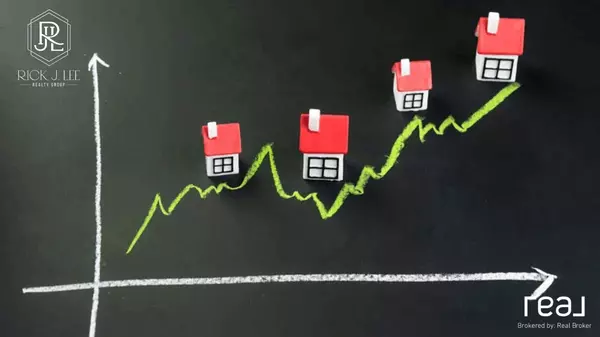
7 Ways to Save Money When Buying your Next Home
1. Understanding Your Budget: The Foundation of Financial Success When embarking on your home-buying journey, it all begins with a solid understanding of your budget. Be Realistic: Assess your financial situation objectively, considering not just the purchase price but also additional costs like tax
Categories
- All Blogs (123)
- Aliso Viejo, California (2)
- Anaheim, California (3)
- Beach House (2)
- Best Places for Surfer (1)
- Bixby Knolls (1)
- Buena Park, California (2)
- Buying and Selling Real Estate (29)
- California (2)
- California Beach House (2)
- Cerritos, California (1)
- Costa Mesa, California (1)
- Current Market (1)
- Cypress, CA (3)
- Dana Point, California (1)
- Downey, California (1)
- Fountain Valley, California (5)
- FSBO (1)
- Fullerton, California (1)
- Fur Parents (1)
- Garden Grove California (5)
- History (3)
- home (2)
- Home Improvement (1)
- Home Value (1)
- Huntington Beach (5)
- Irvine, California (3)
- La Habra, California (1)
- Laguna Niguel, California (1)
- Lake Forest, California (1)
- Lakewood Event (1)
- Lakewood, California (8)
- Lifestyle (1)
- Listing (1)
- Long Beach Events (2)
- Long Beach Neighborhood (1)
- Long Beach, California (12)
- Los Alamitos, California (1)
- Market Report (1)
- Mission Viejo, California (1)
- Mortgage Lender (1)
- Moving to Aliso Viejo, California (2)
- Moving to Anaheim, California (3)
- Moving to Buena Park, California (2)
- Moving to California (6)
- Moving to Cerritos, California (1)
- Moving to Costa Mesa, California (1)
- Moving to Cypress, California (3)
- Moving to Dana Point, California (1)
- Moving to Downey, California (1)
- Moving to Fountain Valley, California (4)
- Moving to Fullerton, California (1)
- Moving to Garden Grove, California (5)
- Moving to Huntington Beach (5)
- Moving to Irvine, California (3)
- Moving to Lakewood, California (6)
- Moving to Long Beach, California (12)
- Moving to Los Alamitos, California (1)
- Moving to Los Angeles (1)
- Moving to Mission Viejo, California (1)
- Moving to Newport Beach, California (3)
- Moving to Orange County, California (11)
- Moving to Orange, California (1)
- Moving to Placentia, California (1)
- Moving to Rossmoor, California (1)
- Moving to San Clemente, California (2)
- Moving to Seal Beach, California (2)
- Moving to Signal Hill, California (2)
- Moving to Stanton, California (1)
- Moving to Tustin, California (2)
- Moving to Westminster, California (2)
- Newport Beach, California (3)
- Orange County, California (9)
- Orange, California (1)
- Placentia, California (1)
- Real Estate (34)
- Real Estate Agent (20)
- Rossmoor, California (1)
- San Clemente, California (2)
- San Juan Capistrano, California (1)
- Saving Money (1)
- Seal Beach, California (3)
- Signal Hill, California (3)
- Social Media (1)
- Stagnation (1)
- Stanton, California (1)
- Success Story (1)
- Surfing (1)
- Tips in Moving (1)
- Tustin, California (3)
- Westminster, California (2)
Recent Posts

Tips for Choosing the Right Mortgage Lender in Long Beach, CA

Top Trends in Real Estate for 2024

What You Need To Know About Market Stagnation When Pricing Your Home

What you Need to Know About Buying a Home in the Current Market

Why People are Moving to Fountain Valley

7 Ways to Save Money When Buying your Next Home

5 Mistakes Most First-Time Home Buyers Make

The Secret Of Pricing Homes In Orange County’s Current Market

Tips for Choosing the Right Mortgage Lender in Long Beach, California

How to Increase the Value of Your Home on a Budget
